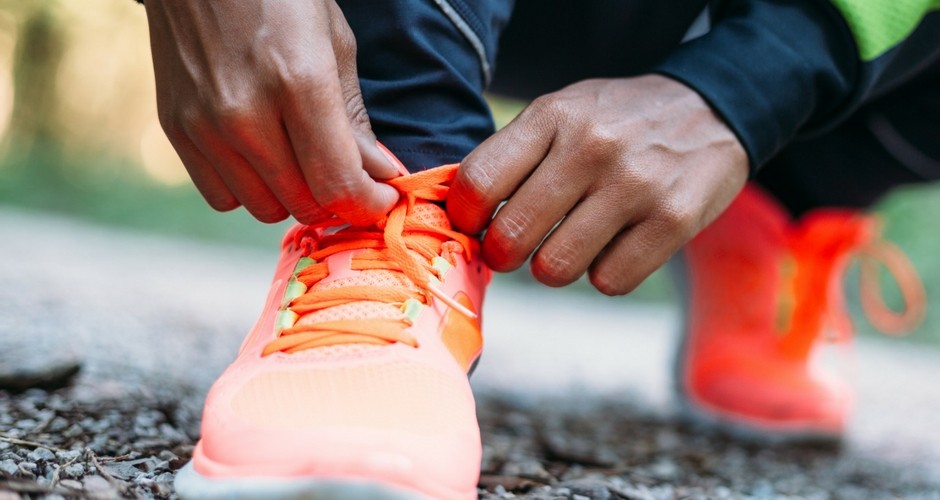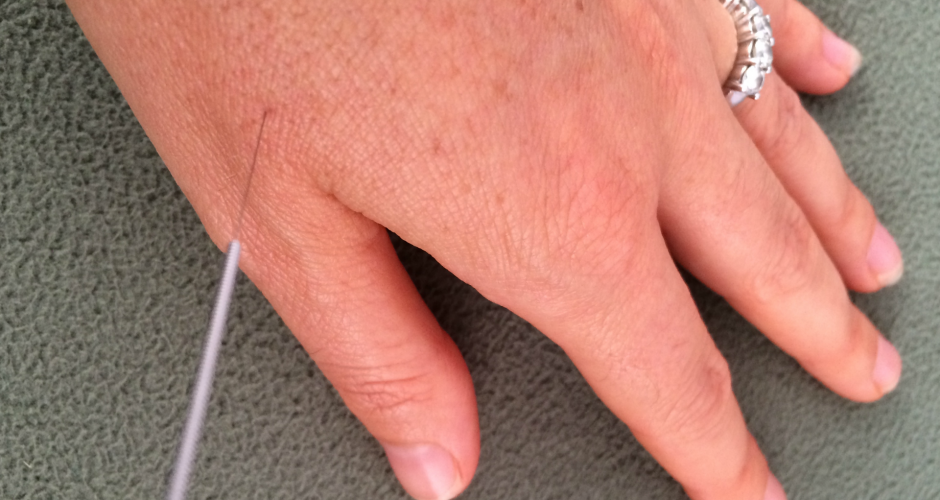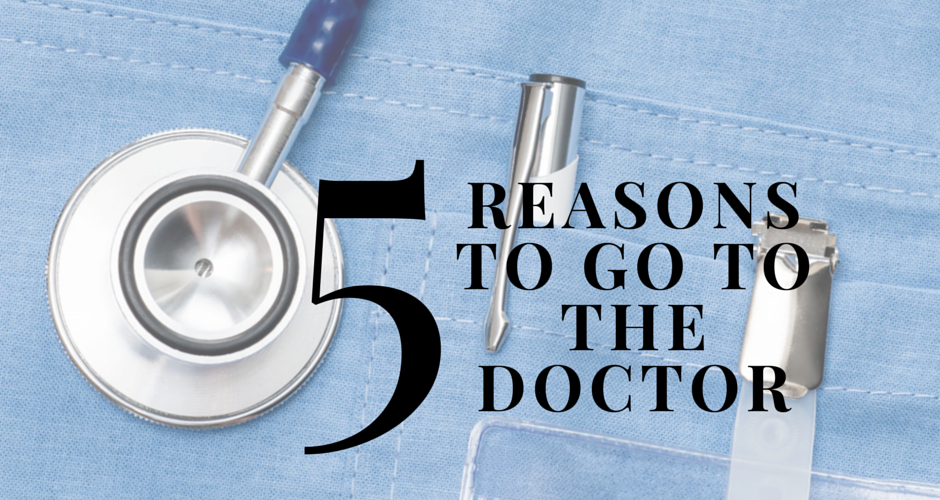As a recovering work-obsessed multi-tasker, I spent most days analyzing work and life situations while also writing emails, listening to conference calls in the car driving, or reading industry information during exercise sessions. The idea of “doing it all” energized me. But truthfully, I was always exhausted and stressed. I took yoga a few times to “de-stress,” but found limiting my thoughts to be impossible. In addition, I felt foolish because I thought everyone around me was “better at stretching.” So I gave up before I really even began. Despite my lackluster first experiences with it, I ran to yoga after my second breast cancer diagnosis and haven’t turned back since.

Yoga: From Multi-tasking Over-thinker to Mindful Athlete

Why We Should All Walk A LOT
When I was younger, preparation for bikini/wedding/holidays or frankly any season, inevitably meant a new workout regimen. Endless hours were spent scouring magazines for the hottest new fitness fad, hoping it would get me beach-ready. Unfortunately, because of this silly commitment, I became the proud owner of Jane Fonda videos, the Thigh Master, the Bowflex and the Shake Weight. Bring on summer of 2014, then 2015 and now 2016 where my focus is flipped from looking pretty to being well. And now my clothes fit without all the gizmos. How have I done it? Give a round of applause for a plant-based diet, a little yoga and a lot of walking.

Research: Acupuncture Adventures
If somebody told me years ago that I would get used to needles pricked all over my body, I would have laughed. Despite always being intrigued by health and wellness trends, my fear of those tiny daggers kept me away. About six years ago, however, when trying unsuccessfully to get pregnant, I was desperate to try all-natural methods. It was then that I was introduced to acupuncture.
Acupuncture is an Asian/Chinese modality that’s been around for thousands of years. Thin needles are positioned into certain points (meridians) on the body in an effort to balance the energy flow (chi) throughout. Oftentimes, each patient’s needs are assessed upon the initial visit with a full-body exam and blood work. Once the treatment begins, thin needles are tapped into various points on the skin from head to foot. Treatments last 15-45 minutes, depending on the practitioner. Acupuncture isn’t a one-time fix, follow-up visits are often suggested depending on the symptoms. Many acupuncturists are certified through the National Certification Commission of Acupuncture and Oriental Medicine (NCCAOM.) In addition, some doctors are integrating acupuncture into their practices and can be certified through the American Academy of Medical Acupuncture (AAMA.)

Five Reasons to Go to the Doctor
We all have somebody in our lives who rarely goes to the doctor, claiming they are too busy or feel fine. Or maybe that person schedules appointments only to continually bump or reschedule them. I’ve seldom been that person and because of it, I’m thriving today.
Due to my storied cancer past, I scheduled an executive physical at The Princeton Longevity Center to assure that my health was in check. It wasn’t … but having the information from that visit helped fix it. Now a year later, I’m hoping to live a long life keeping cancer in check. I truly believe that whether one is healthy or not, going to the doctor and having a routine physical is incredibly important. I’m not suggesting we should all go to the doc every time a minor scrape appears. I just hope for all my family, friends and readers that they have someone, a doctor or naturopath, that keeps score on their health annually.

MY TOP 5 REASONS TO GO TO THE DOCTOR
Maintain Good Health:
We regularly do maintenance on our cars with oil changes and tire rotations every 5,000 miles. So, why don’t we think of our annual check-ups in the same mandatory way? An annual physical means screening for overall health issues* and providing vaccinations to prevent serious diseases.
Use Past Data as a Reference:
My doctors have access to years of my medical data because I’ve gone to my physical annually. Whether I’m sick or not, any changes in blood work or new aches can be referenced to earlier notes. It’s easier for my doc to diagnose or refer me to other specialists knowing my medical history. Also, many doctors now utilize electronic medical records, which are promptly available to network hospitals in an emergency. This is incredibly important and wouldn’t be possible without regular doctor visits.
Know the Problem and Fix It:
I sometimes dread going to the doctor for fear of finding out information I don’t want to know. Then I stop this negative self-talk because it only hurts me. Not knowing there’s a problem also means I can’t fix it. Being armed with information about my health helps me find the right practitioners to treat the illness. Ignoring it can potentially lead to bigger problems down the road. Research shows that early detection is important for better prognosis of the disease and potential opportunity for cure.
Utilize Doctor’s Expertise:
Every time I visit a doctor, I interview them. I do the legwork beforehand, researching information on wellness techniques or healthy diets. Then I discuss with my doctors. Sometimes they provide thoughtful insights; other times they refer me to other practitioners or sources. In both cases, I benefit because I take the research I’ve gathered and confirm its credibility. For those not passionate about wellness, ask for a medical/natural expert’s thoughts on what the media is covering on health and exercise, foods, supplements and mindfulness practices.
Build the Relationship:
I’m not friends with my docs on Facebook or host them at my house for a BBQ, but I do have a nice relationship with them. This became incredibly helpful last year when I couldn’t get a PET scan for 10 days after an initial report noted a suspicious lesion. I then called my primary care doctor asking for help. Because she knew me, she took my call and helped expedite the PET scan.
While attending a routine doctor’s visit is a step in the right direction, *some insurance companies don’t cover various tests. Ask your doctor (or insurance company) what screens are not covered and why. Know that there are other options, like scheduling a comprehensive executive physical including some of the latest technologies (i.e CT Coronary Calcium scans to detect early stage heart disease.) I did it, as a 40th birthday gift to myself, and am clearly happy with the outcome, now a year later.
What would motivate you or a family member to visit the doctor regularly?
Sources: Mayoclinic.org, The Princeton Longevity Center, Cancer.org
